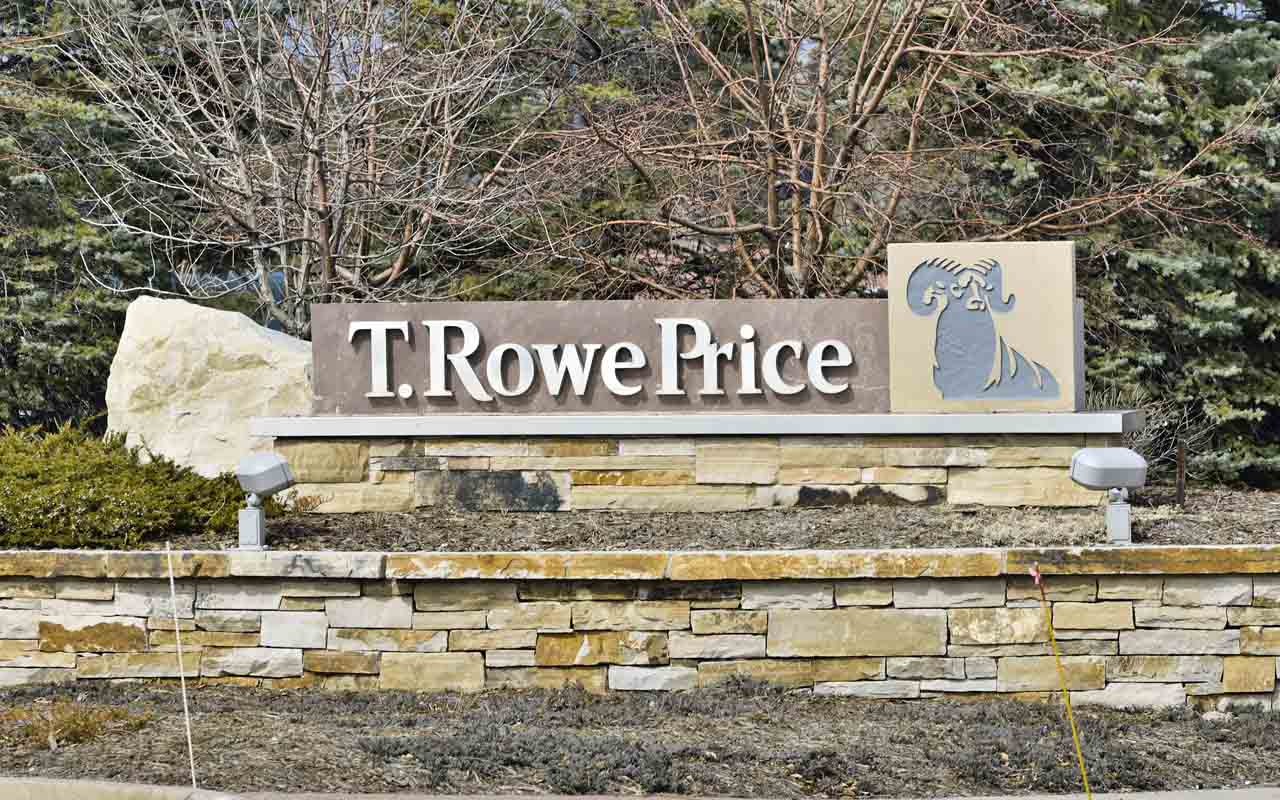Profit and prosper with the best of Kiplinger's advice on investing, taxes, retirement, personal finance and much more. Delivered daily. Enter your email in the box and click Sign Me Up.
You are now subscribed
Your newsletter sign-up was successful
Want to add more newsletters?

Delivered daily
Kiplinger Today
Profit and prosper with the best of Kiplinger's advice on investing, taxes, retirement, personal finance and much more delivered daily. Smart money moves start here.

Sent five days a week
Kiplinger A Step Ahead
Get practical help to make better financial decisions in your everyday life, from spending to savings on top deals.

Delivered daily
Kiplinger Closing Bell
Get today's biggest financial and investing headlines delivered to your inbox every day the U.S. stock market is open.

Sent twice a week
Kiplinger Adviser Intel
Financial pros across the country share best practices and fresh tactics to preserve and grow your wealth.

Delivered weekly
Kiplinger Tax Tips
Trim your federal and state tax bills with practical tax-planning and tax-cutting strategies.

Sent twice a week
Kiplinger Retirement Tips
Your twice-a-week guide to planning and enjoying a financially secure and richly rewarding retirement

Sent bimonthly.
Kiplinger Adviser Angle
Insights for advisers, wealth managers and other financial professionals.

Sent twice a week
Kiplinger Investing Weekly
Your twice-a-week roundup of promising stocks, funds, companies and industries you should consider, ones you should avoid, and why.

Sent weekly for six weeks
Kiplinger Invest for Retirement
Your step-by-step six-part series on how to invest for retirement, from devising a successful strategy to exactly which investments to choose.
I am 52 years old. I have $22,000 in my 401(k) plus $10,000 in an IRA, and that’s all of my retirement savings. My quarterly 401(k) statement showed a loss of $2,000. I can’t afford to lose that much. My money is divided among UBS International and four T. Rowe Price funds: Balanced, Equity Income, New Horizons and Summit Cash. Should I do anything? I am terrified.
The first quarter was a rotten one for most markets. Your portfolio took a big beating because you effectively have 75% of your investments in stocks. Unfortunately, this kind of setback occurs frequently. Since 1926, the U.S. stock market has lost money in roughly one year out of every four, on average.
Consider short-term volatility the price you have to pay for the opportunity to earn superior long-term results. And over the long term, stocks have delivered superior results: an annualized return of more than 10% since 1926. That includes the catastrophic 90% loss that coincided with the Great Depression, plus bear-market declines of nearly 50% in 1973-74 and 2000-02.
From just $107.88 $24.99 for Kiplinger Personal Finance
Become a smarter, better informed investor. Subscribe from just $107.88 $24.99, plus get up to 4 Special Issues

Sign up for Kiplinger’s Free Newsletters
Profit and prosper with the best of expert advice on investing, taxes, retirement, personal finance and more - straight to your e-mail.
Profit and prosper with the best of expert advice - straight to your e-mail.
Nevertheless, we agree with the conventional wisdom that you should base your investment choices on your time horizon and your tolerance for risk. The longer your horizon, the more you should have in stocks. If you’re planning to retire at, say, age 66, you’re 14 years from your goal. A portfolio that’s 75% in stocks and 25% in bonds and cash seems reasonable, assuming you can withstand occasional downward spirals.
As for your fund holdings, you are well diversified, with funds that specialize in big-company stocks, small companies and foreign firms. Your overseas fund, UBS International Equity, is nothing to write home about, having lagged the returns of other funds in its category by a few percentage points per year over the past five years. But it’s better to have this fund than to have no foreign stock fund at all.
Bottom line: We wouldn’t change a thing. Stick to your plan and try to keep your cool when the stock market sneezes.
Profit and prosper with the best of Kiplinger's advice on investing, taxes, retirement, personal finance and much more. Delivered daily. Enter your email in the box and click Sign Me Up.
-
 Over 65? Here's What the New $6K Senior Bonus Deduction Means for Medicare IRMAA
Over 65? Here's What the New $6K Senior Bonus Deduction Means for Medicare IRMAATax Breaks A new deduction for people over age 65 has some thinking about Medicare premiums and MAGI strategy.
-
 U.S. Congress to End Emergency Tax Bill Over $6,000 Senior Deduction and Tip, Overtime Tax Breaks in D.C.
U.S. Congress to End Emergency Tax Bill Over $6,000 Senior Deduction and Tip, Overtime Tax Breaks in D.C.Tax Law Here's how taxpayers can amend their already-filed income tax returns amid a potentially looming legal battle on Capitol Hill.
-
 5 Investing Rules You Can Steal From Millennials
5 Investing Rules You Can Steal From MillennialsMillennials are reshaping the investing landscape. See how the tech-savvy generation is approaching capital markets – and the strategies you can take from them.
-
 Rising Interest Rates, Falling Bonds and a Possible Way Forward
Rising Interest Rates, Falling Bonds and a Possible Way Forwardannuities Bonds aren’t offering the stability they used to, so if you’re looking for an alternative, here’s one possibility to consider.
-
 Yes, You Can Have Too Much Cash
Yes, You Can Have Too Much CashFinancial Planning A sizable hoard is comforting but could crimp long-term portfolio gains.
-
 We Exited the Stock Market the Day Before the Pandemic Was Declared
We Exited the Stock Market the Day Before the Pandemic Was Declaredinvesting How we knew to sell, why we think it was smart, and what you can do now.
-
 5 Top-of-the-Line T. Rowe Price Mutual Funds
5 Top-of-the-Line T. Rowe Price Mutual Fundsmutual funds T.
-
 Getting Out of an RMD Penalty
Getting Out of an RMD Penaltyretirement When your brokerage firm miscalculates your required minimum distributions, you have recourse.
-
 Borrowers Get More Time to Repay 401(k) Loans
Borrowers Get More Time to Repay 401(k) Loansretirement If you leave your job while you have an outstanding 401(k) loan, Uncle Sam now gives you extra time to repay it -- thanks to the new tax law.
-
 It’s Not Too Late to Boost Retirement Savings for 2018
It’s Not Too Late to Boost Retirement Savings for 2018retirement Some retirement accounts will accept contributions for 2018 up until the April tax deadline.
-
 How to Correct a Mistake on Your RMDs from IRAs
How to Correct a Mistake on Your RMDs from IRAsretirement If you didn't take out the correct required minimum distribution because your brokerage firm made a mistake, the IRS may show some leniency.